Dead end automotive retail – How sustainable is the automotive retail business?
In 2011, I sold my 5th generation car dealership: a painful process that was associated with emotions and financial loss.
10 years later, in a changed environment, I can now take a more sober look at the situation back then and ask myself: Would I want to hand over a car dealership to my children? Would the value of my company at that time be higher or lower today than it was in 2011? And what would the business case look like for the next 5-10 years? Would I continue to invest boldly in the business? Or to put it another way: would I recommend investing in further growth to our clients in the Automotive Retail with a clear conscience?
At first, the requirements of the future and the disruption in the automotive environment seem overwhelming:
It is becoming less attractive for end customers to own their own vehicle; parking spaces in city centers are scarce, alternative mobility offers are maturing and becoming competitive (see also our Impulse 03/2021).
New competitors are entering the market with new concepts, both in sales and in service.
Electrification requires new skills in sales and after-sales. Car dealers can ask themselves whether the capacities in which a lot of money has been invested over decades will still be necessary in the future.
Manufacturers are clearly and obviously aiming to sell vehicles directly. Of course, because the customer’s data record is the most valuable thing the dealer has left. So what exactly will the dealer’s business purpose be in the future, especially in rural areas?
Customer expectations have changed significantly in recent years: Services, products, information and experiences must be available in all analog and digital channels at all times.
Today, these five influencing factors would be described as “disruptive”, i.e. “destroying the balance” in the true sense of the word. It can be assumed that without appropriate countermeasures, these developments will have a significant negative impact on the profitability of the Automotive Retail. Disrupting an equilibrium can stimulate progress, but it can also destroy what already exists.
How exactly can entrepreneurs in the Automotive Retail defend themselves against the destruction of their life’s work? What creative opportunities are hidden in the current development?
The number of car dealerships in Germany has fallen by just under 4% in the last 10 years (source: Statista, 2021). Companies have left the market, others have been “consolidated” through mergers or sales. In the same period, new registrations have remained almost the same at 2.9 million units.
How can the Automotive Retail position itself for the future?
In this market environment, the following are the key success factors for safeguarding the continued existence of the dealership, but also for shaping its sustainable future development:
The linchpin for sustainable corporate success is the uncompromising alignment of all services and processes with the needs of the customer. Process efficiency and effectiveness are crucial here. Relevant performance criteria include process costs as well as revenue per customer visit.
All digital channels must be used by the retailer in an excellent manner in terms of time and quality. In concrete terms, this means that the customer – regardless of whether they are in the dealership or would like to be served via a digital channel – is served immediately and in line with their needs.
New business models are needed: the existing company structures in the form of buildings, machines, personnel and administration must be reviewed for necessity and reduced if necessary. Then, however, it is important to create the conditions for growth and to create something new by expanding the company’s self-image to include mobility services for all customer groups (individual customers, commercial customers, major customers, special customers). Opportunities can lie in offering subscriptions, car sharing, charging stations, pick-up and delivery services, and much more.
Winners of the transformation are embracing new formats in line with customer needs: pop-up stores in the city center, competence centers for e-mobility or the offer of e-bikes or e-scooters can open up new customer groups and prospects. Digital sales channels must become a matter of course, not only for vehicle sales, but also for the spare parts and accessories business and, of course, for service acceptance and order expansion.
Joining forces with other dealers can combine forces when it comes to making important investments and asserting themselves on the market. Here, too, it is important to overcome old paradigms and break new ground, e.g. when it comes to building an innovative service factory for commercial vehicles.
The sale of automobiles and mobility will always be subject to high volatility, and taking into account the high level of investment required in the course of transforming the business model, the entrepreneurial risk must also be considered very high. Nevertheless, business owners can believe in the future of subsequent generations with a clear conscience and invest in the design of their business: Customers want to continue to know and use their local partner in the future, but in a different way than we know from the past.
The path of the future does not lead to a dead end, but opens up new perspectives!

Tobias Bald
Partner
More impulses
- 2024
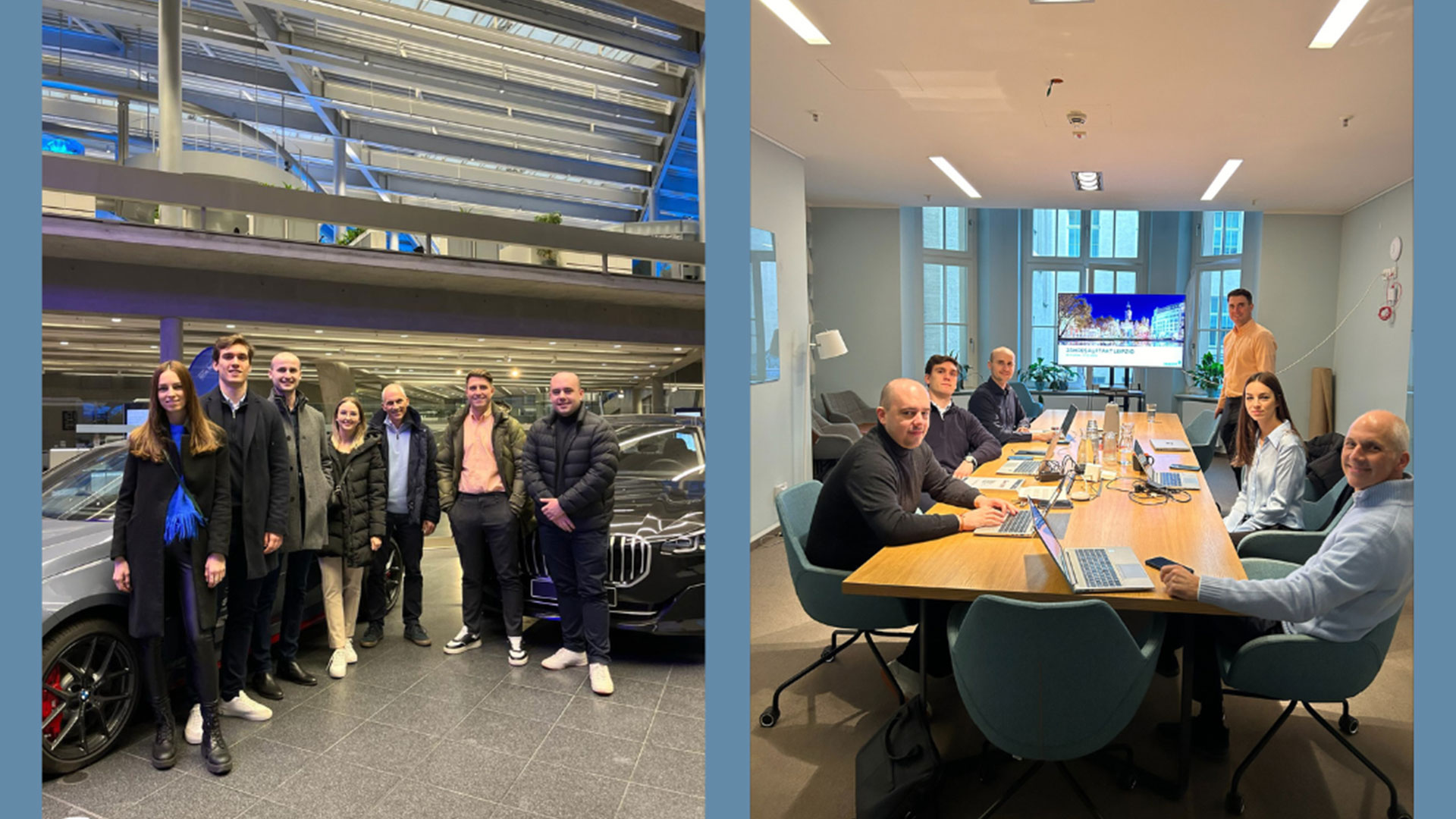
Panoff Automotive Retail Team Gears Up for a Dynamic 2024!
02 Feb - 2024
Last week, our team gathered for our annual kick-off meeting, setting the stage for a...
- 2023
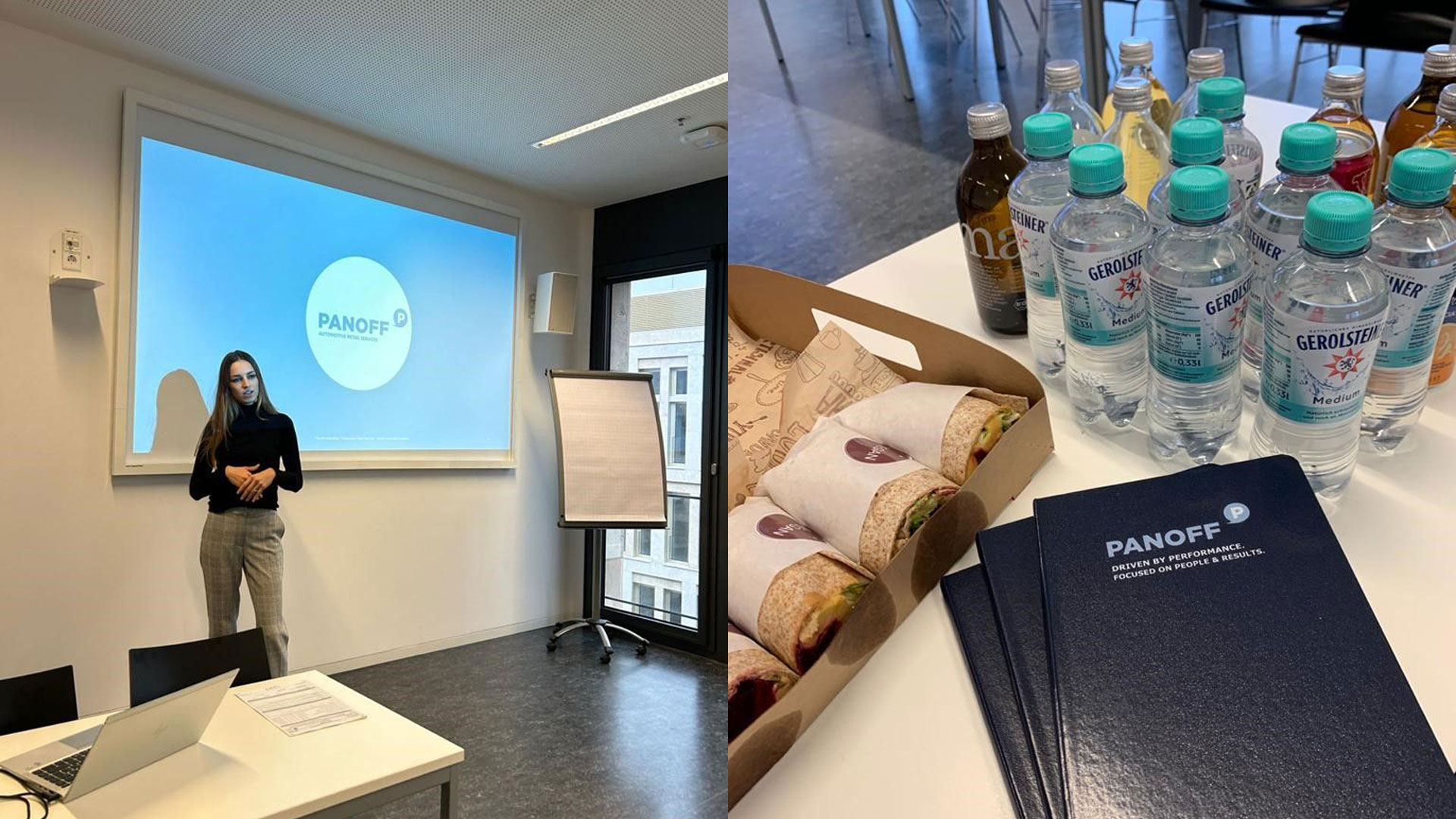
Bridging Academia with Industry at Goethe University Frankfurt!
06 Dec - 2023
Last week, our colleagues Kristin H. and Marco Ueberall had the opportunity to visit the...
- 2023
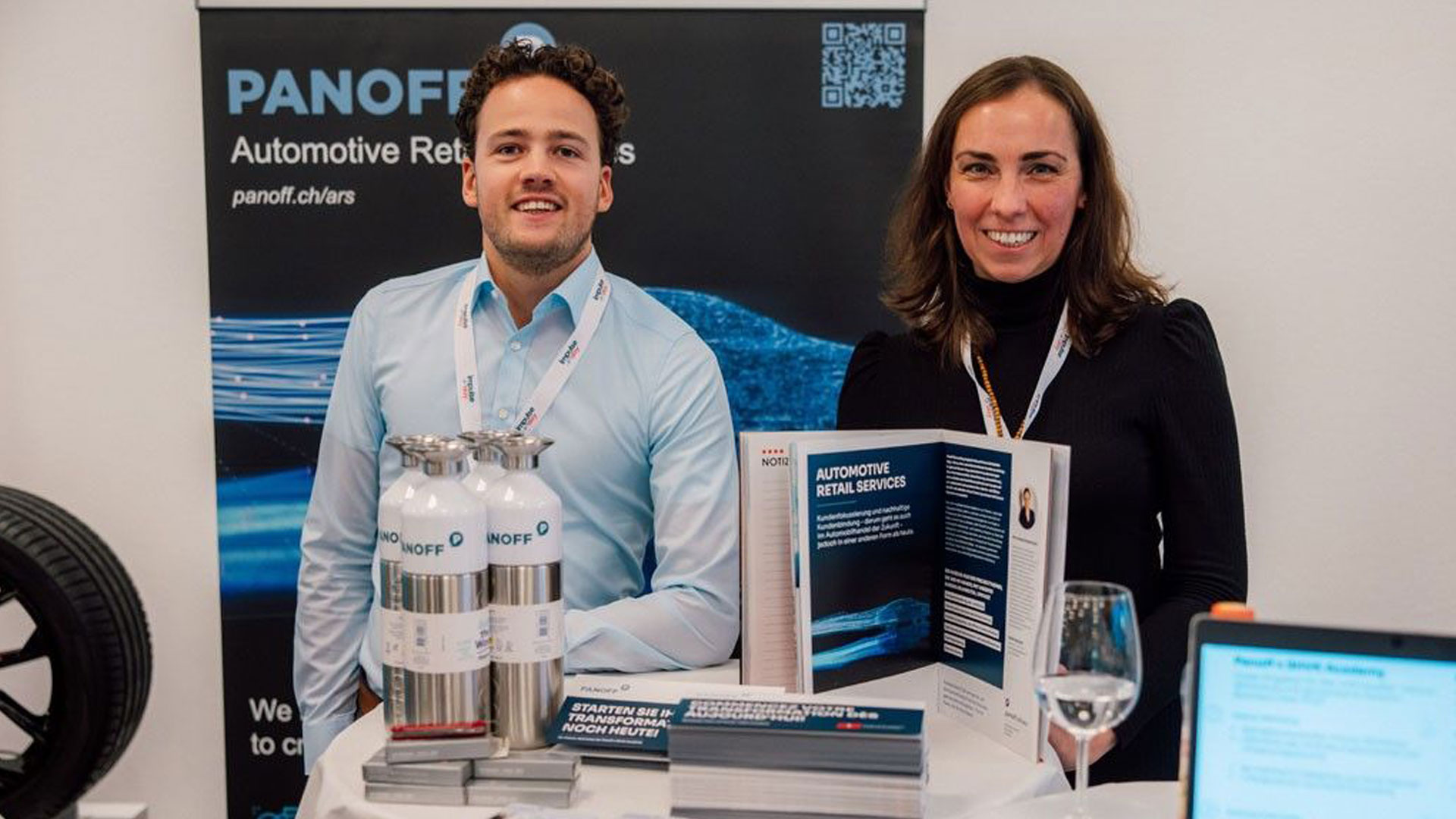
Our colleagues Heike Spengler and Berend Hoitink proudly launched the Panoff x SHVK Academy during the second Impulse Day.
29 Nov - 2023
Our colleagues Heike Spengler and Berend Hoitink proudly launched the Panoff x SHVK Academy during...
- 2023
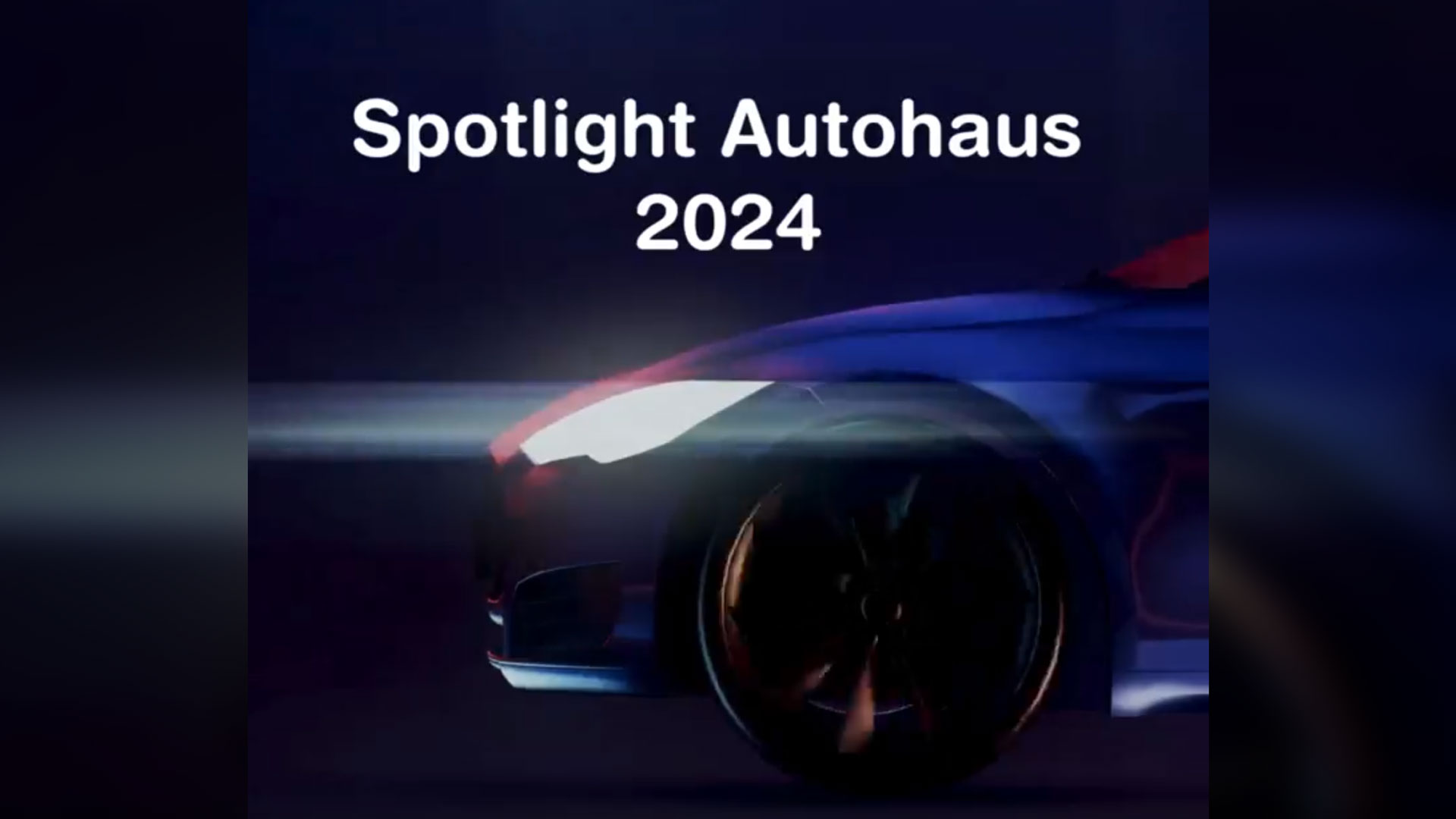
- 2023
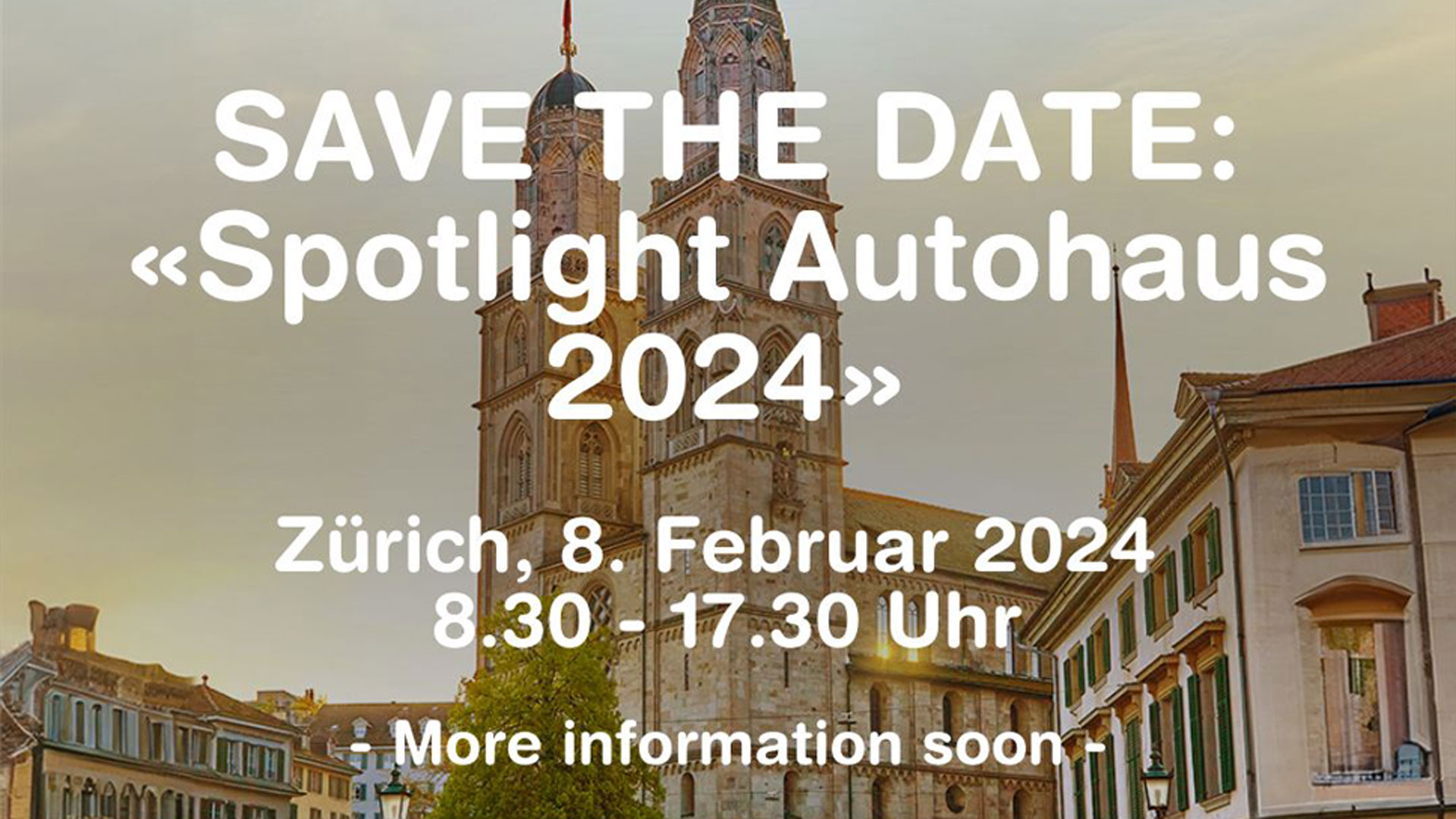
Save the Date: “Spotlight Autohaus 2024”
20 Nov - 2023
Relevante Themen aus der Automobilbranche: Eine einzigartige Kombination aus Fachinputs und direkter anschliessender Anwendung in...
- 2023
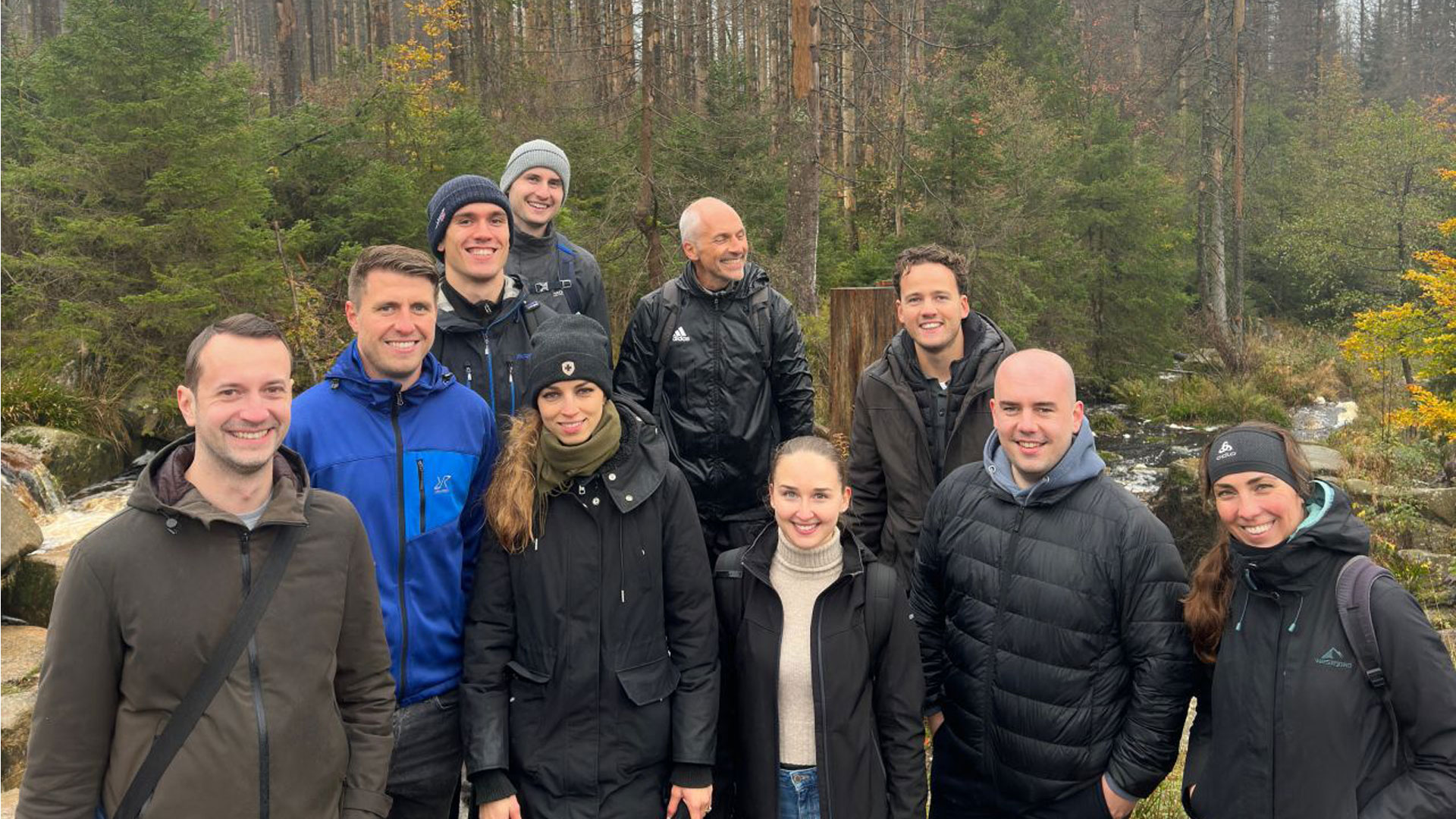
Our automotive team embarked on a transformative offsite workshop in the heart of the Harz forest
15 Nov - 2023
Our offsite was a powerful commitment to living out our purpose and values as a...
- 2023

Exciting Autumn Event Season at Panoff Consulting!
21 Oct - 2023
Exciting Autumn Event Season at Panoff Consulting!
- 2023
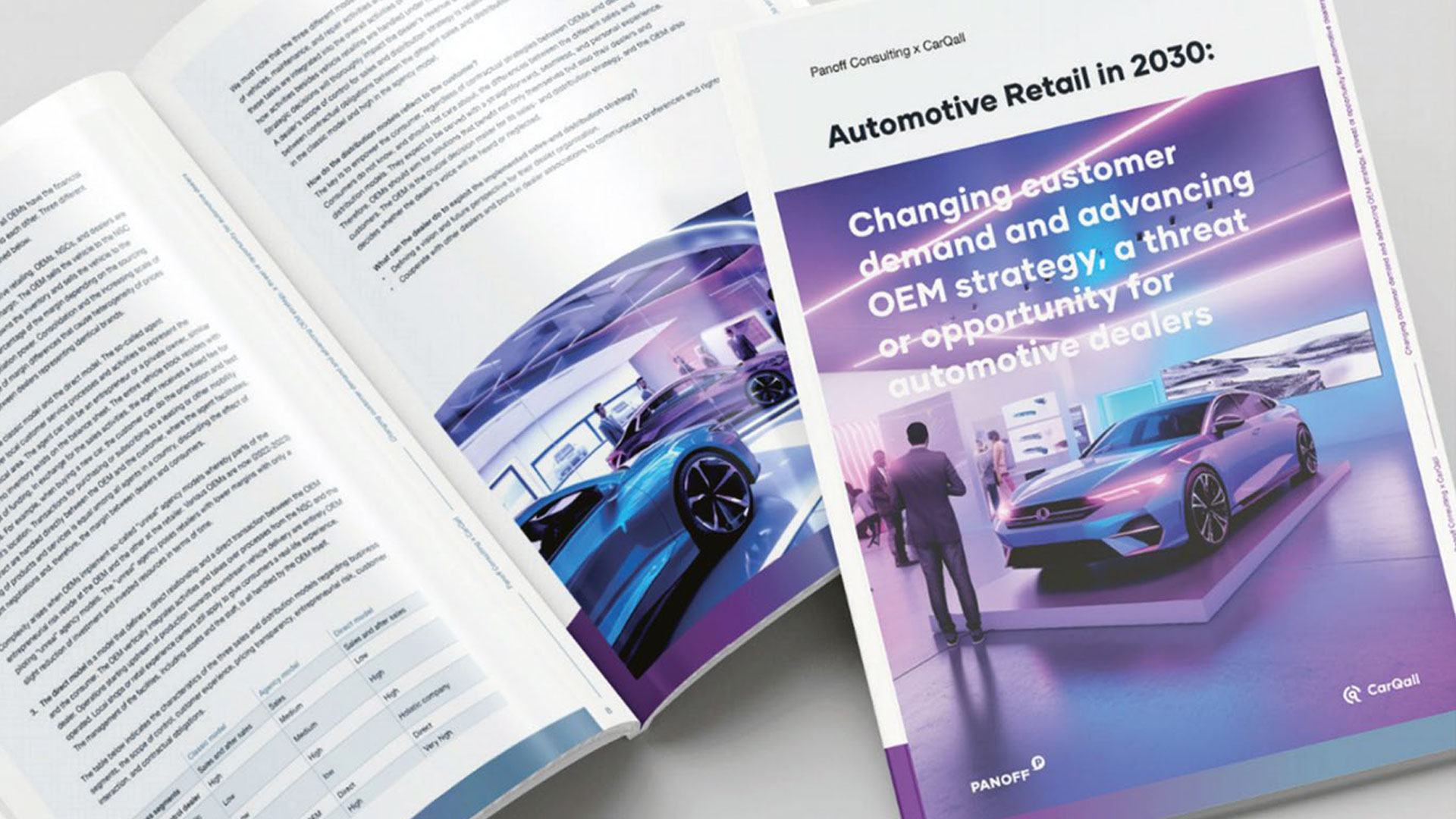
Digital strategy in the car dealership
02 Oct - 2023
A recent industry study shows: Sustainable success in automotive retail depends on a clear and...
- 2023

Berend Hoitink from Panoff Consulting and Hielke Ytsma from CarQal
02 Oct - 2023
Berend Hoitink and Hielke Ytsma share insights into the digital transformation of the automotive industry....
- 2023
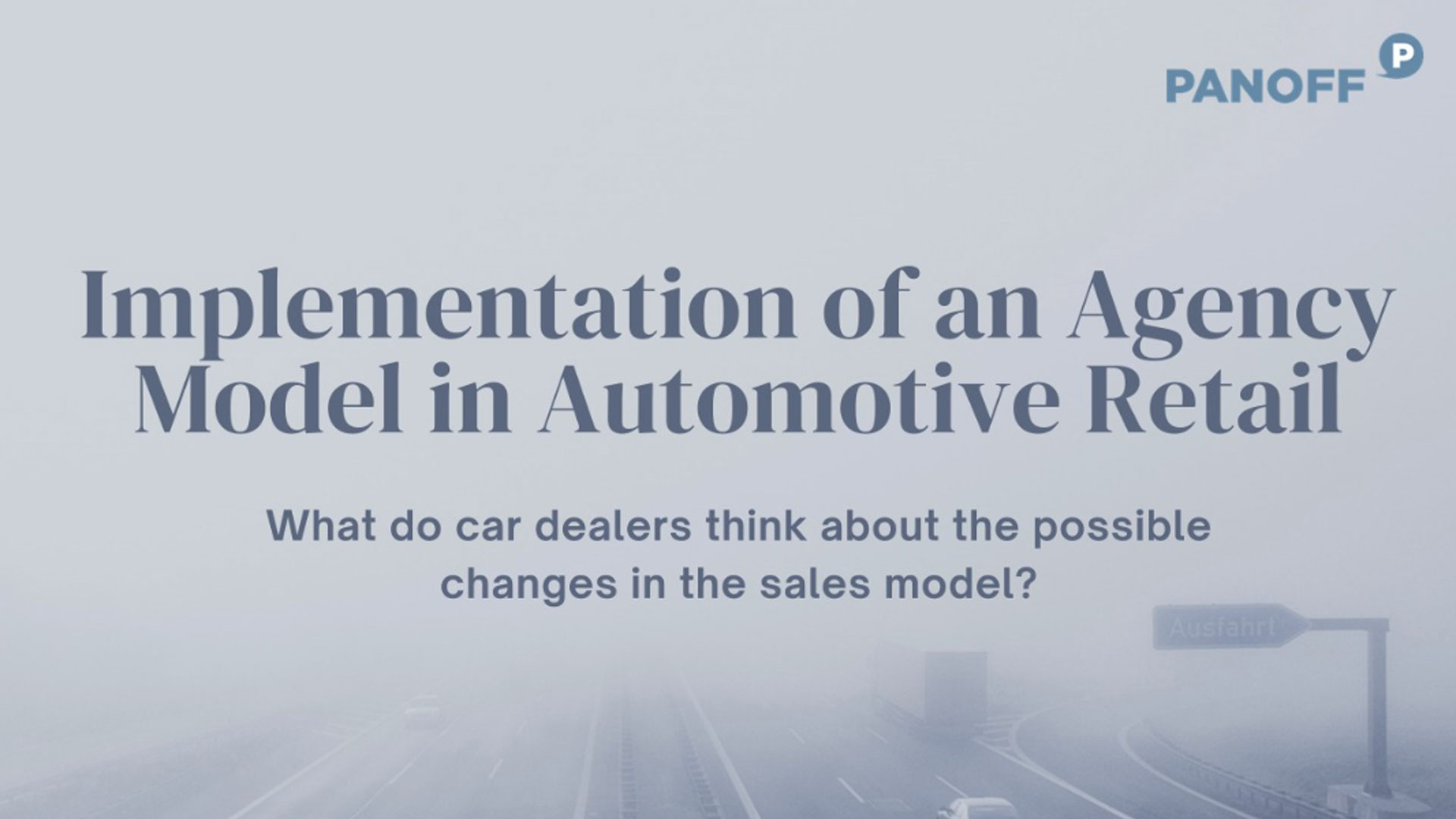
Is the Agency Model the Future of Automotive Retail?
20 Aug - 2023
Panoff Consulting explored the agency model's impact on the automotive industry by gathering insights from...
- 2023

The Swiss consulting firm Panoff Consulting opens a Dutch branch office
02 Aug - 2023
The Swiss consulting firm Panoff Consulting enters the Dutch market. This was announced by the...
- 2023
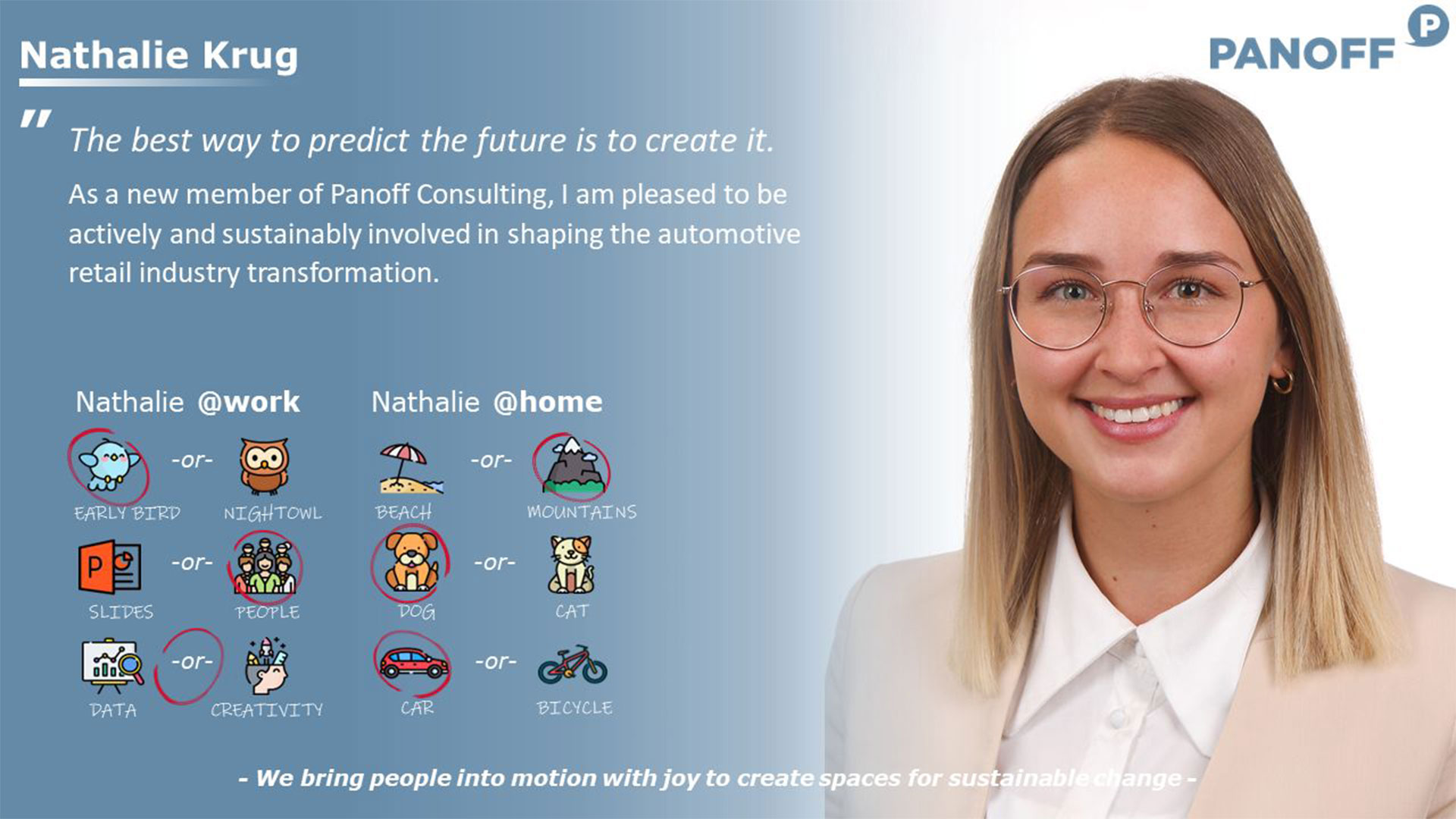
Welcome to our team Nathalie Krug!
10 Jul - 2023
Nathalie joined Panoff Consulting GmbH last week and we are happy to enlarge our automotive...
- 2023
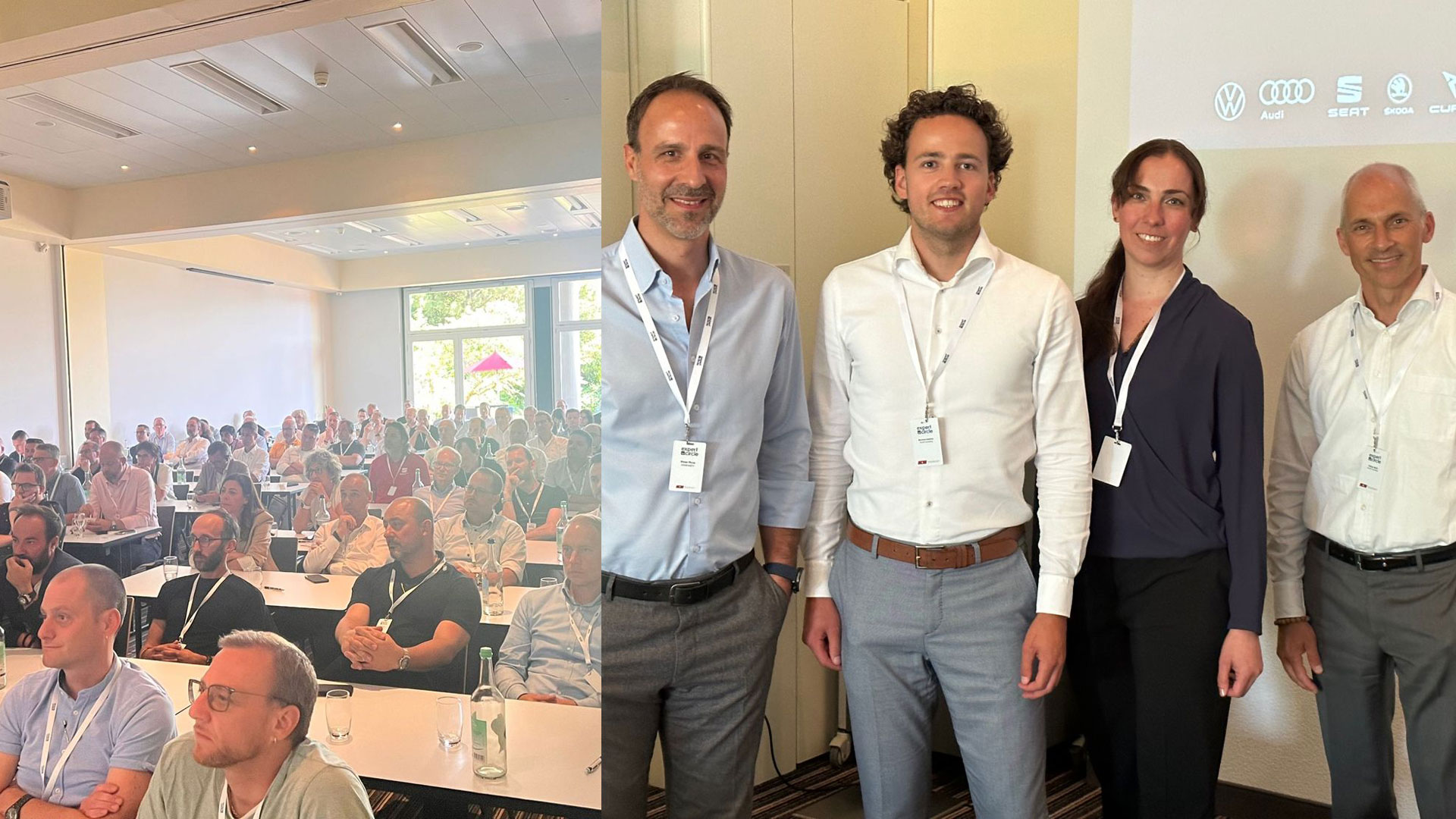
What is the future of my dealership?
20 Jun - 2023
OEMs are developing new agency sales structures and processes that massively impact dealers' operations and...
- 2023
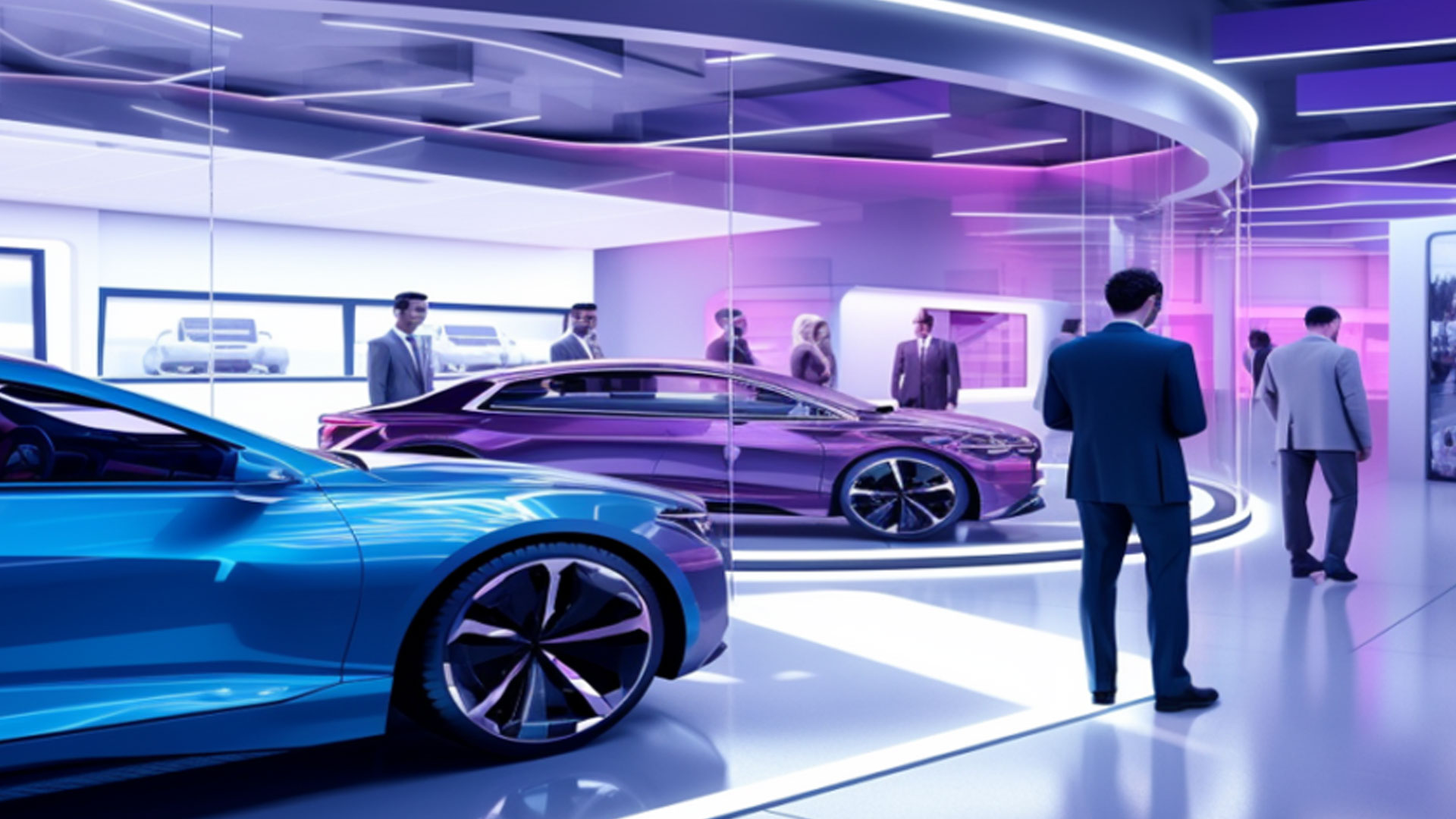
We are excited to announce our collaboration with CarQall – AI Voice Assistant
20 Jun - 2023
Are you a CIO or managing digital transformation in automotive retail? "Automotive Retail in 2030"...
- 2023
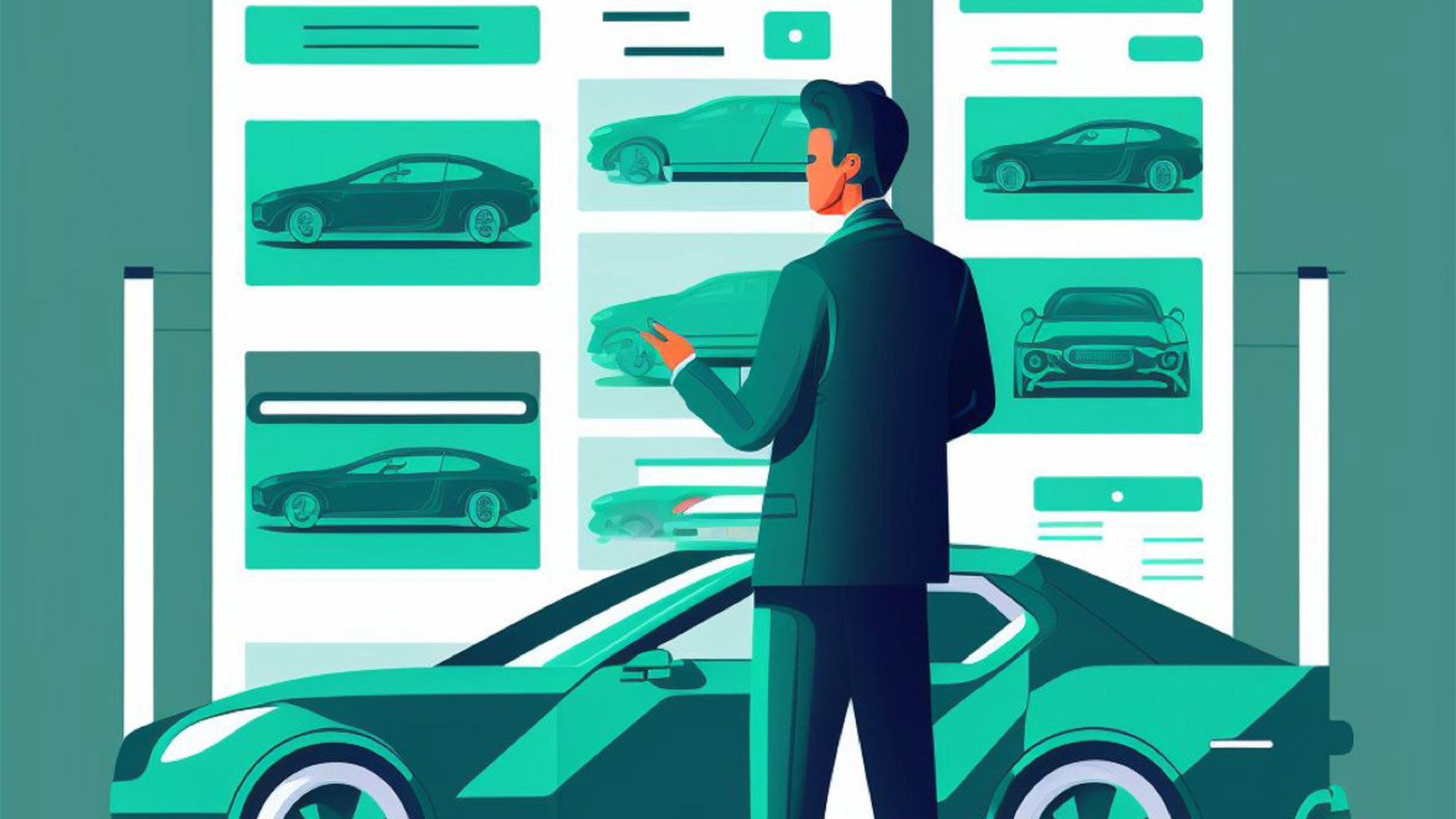
How to make use of AI in automotive retail?
20 May - 2023
Artificial intelligence (AI) is no longer a dream of the future; it is already a...
- 2023
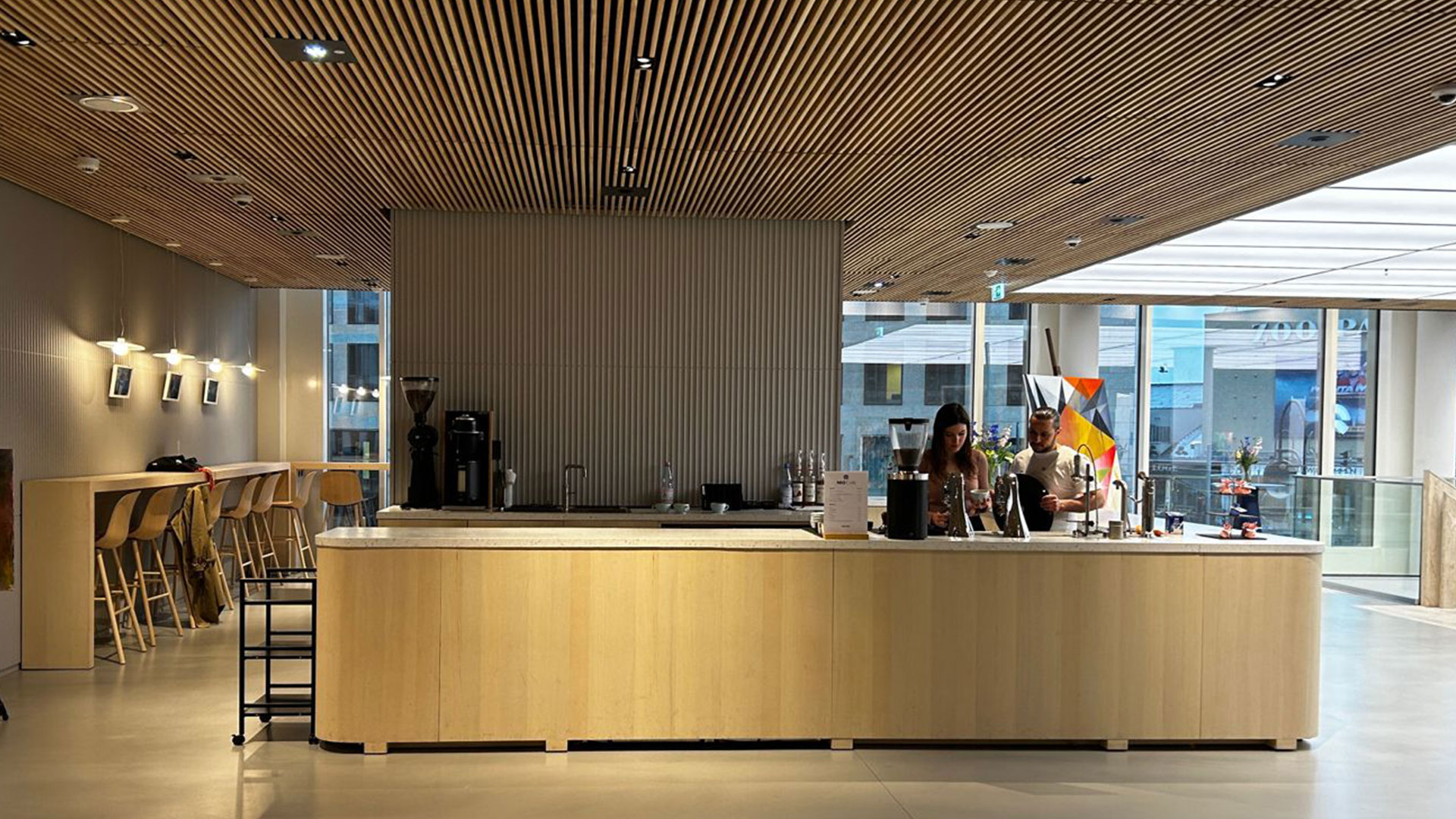
Chinese car manufacturers are actively entering the European car market CN
21 Apr - 2023
Formerly their product quality was critical, nowadays it is at least equal to European manufacturers....
- 2023
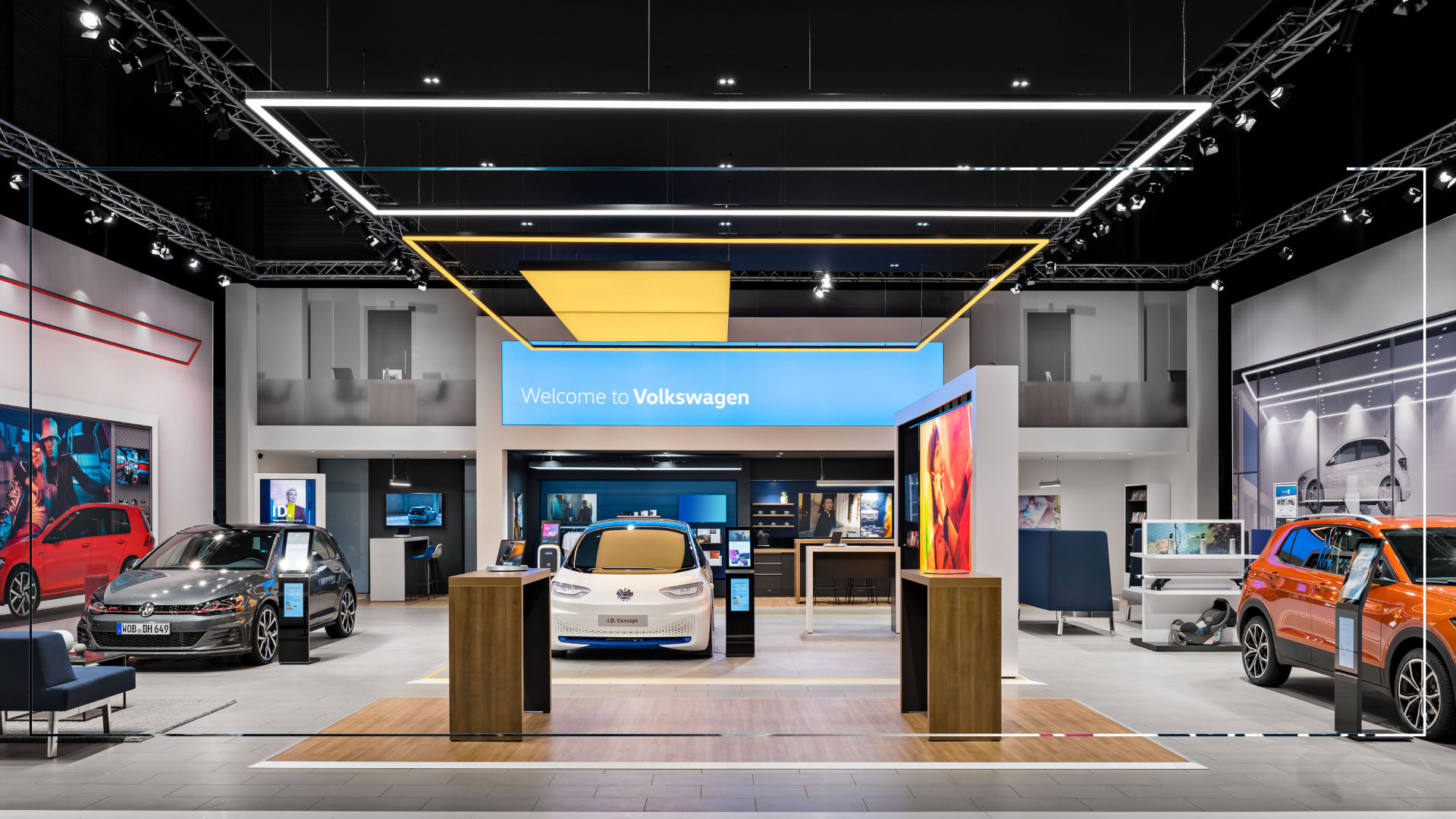
Case – Web2Retail
20 Apr - 2023
The customer experience is no longer a 12-step sales process. We are moving, and manufacturers...
- 2023
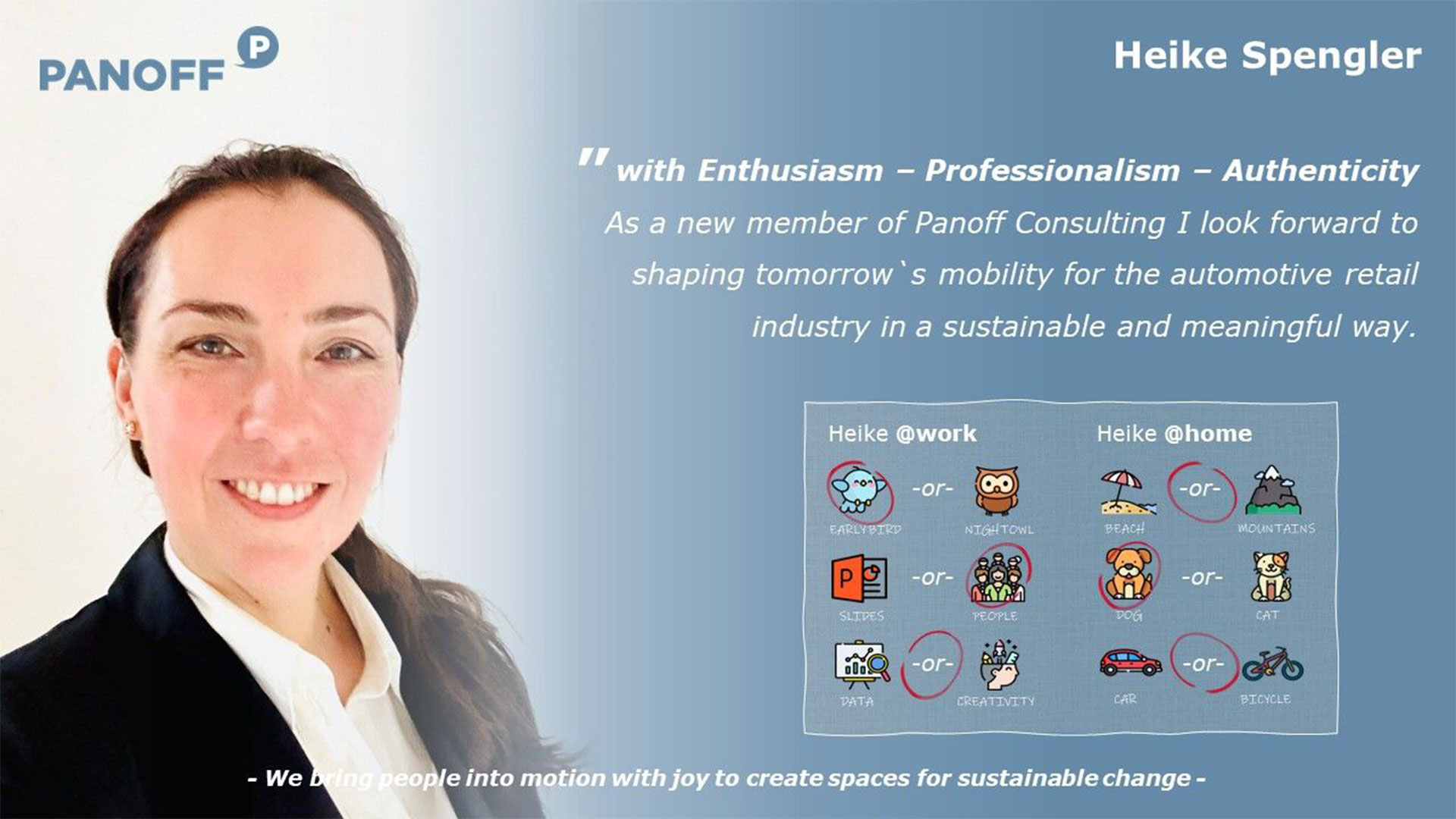
Welcome Heike!
10 Apr - 2023
Heike Spengler joins our automotive team to increase our presence in the Swiss & German...
- 2023
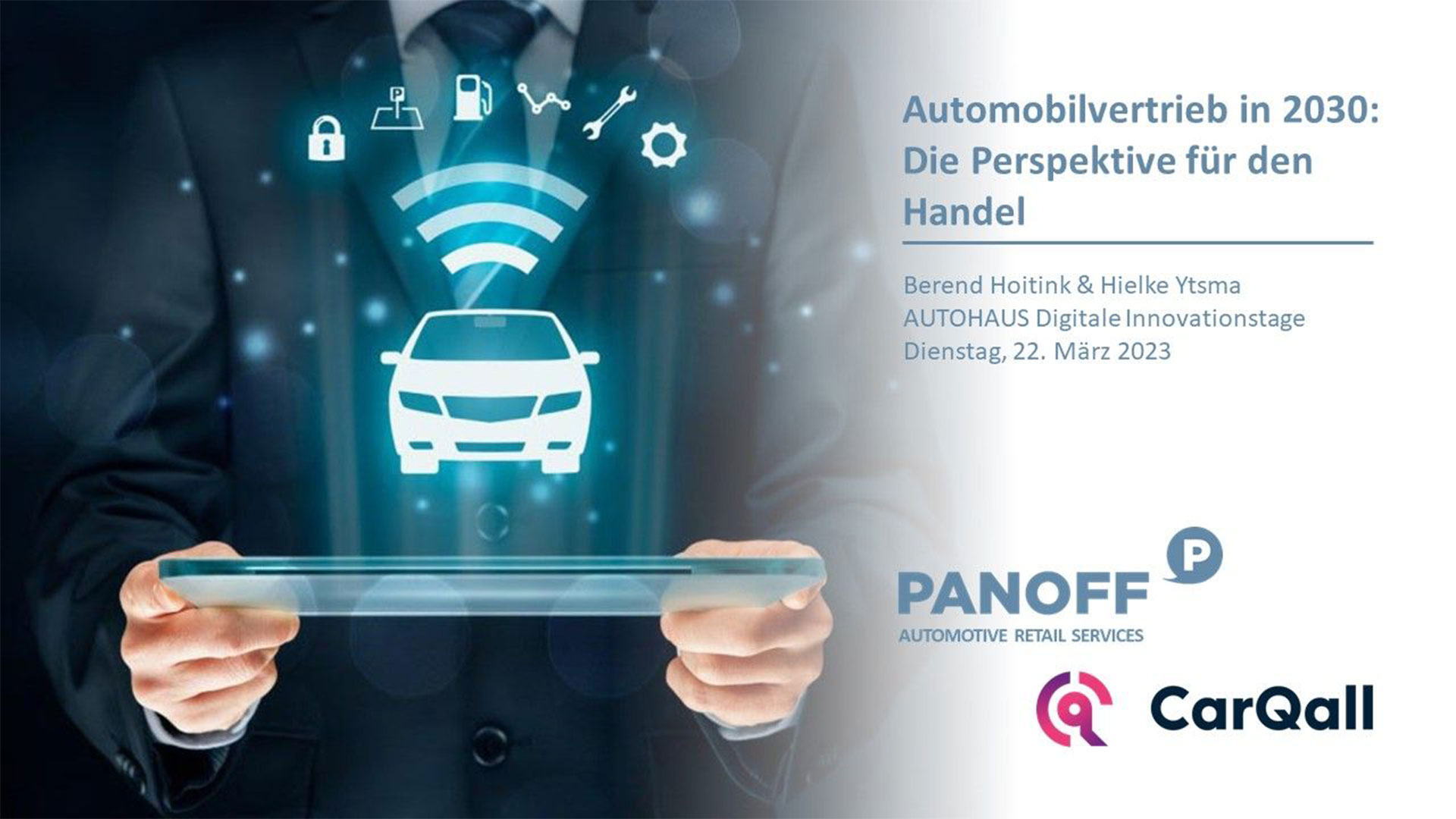
Automotive retail in 2030: The perspective for retailers
21 Mar - 2023
The environment of the automotive retailer is changing due to changing customer demand, new market...
- 2023
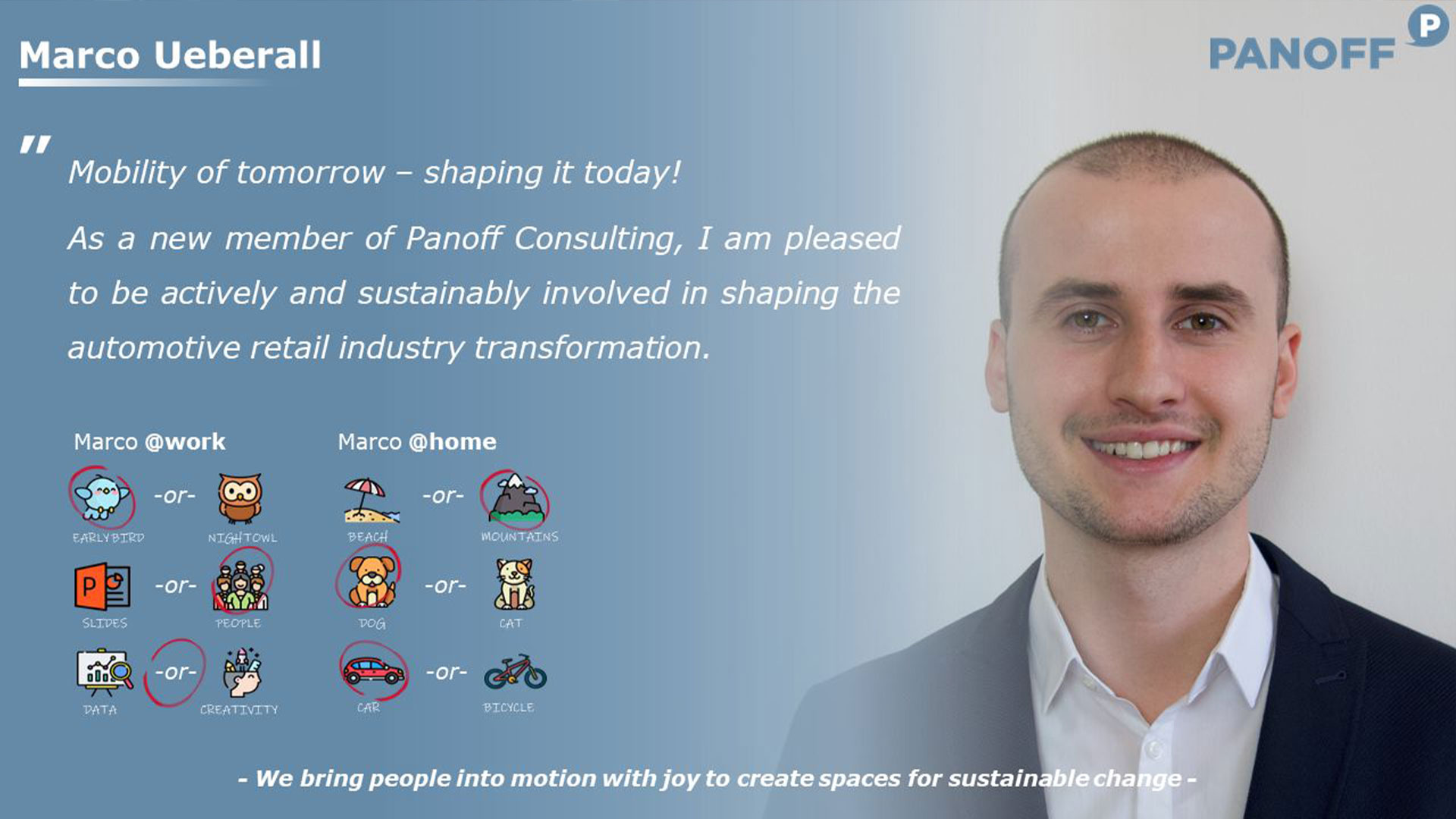
Welcome Marco!
21 Feb - 2023
Marco recently graduated in Automotive and Mobility Business at Nürtingen-Geislingen University (HfWU) and joined Panoff...
- 2023

What is the impact of mobility on the environment?
21 Jan - 2023
Personal mobility is one of the greatest goods of humanity, but it also comes with...
- 2022

Strengthening brand loyalty through an excellent customer journey
15 Oct - 2022
Current world events have been causing supply problems in various sectors for a number of...
- 2022
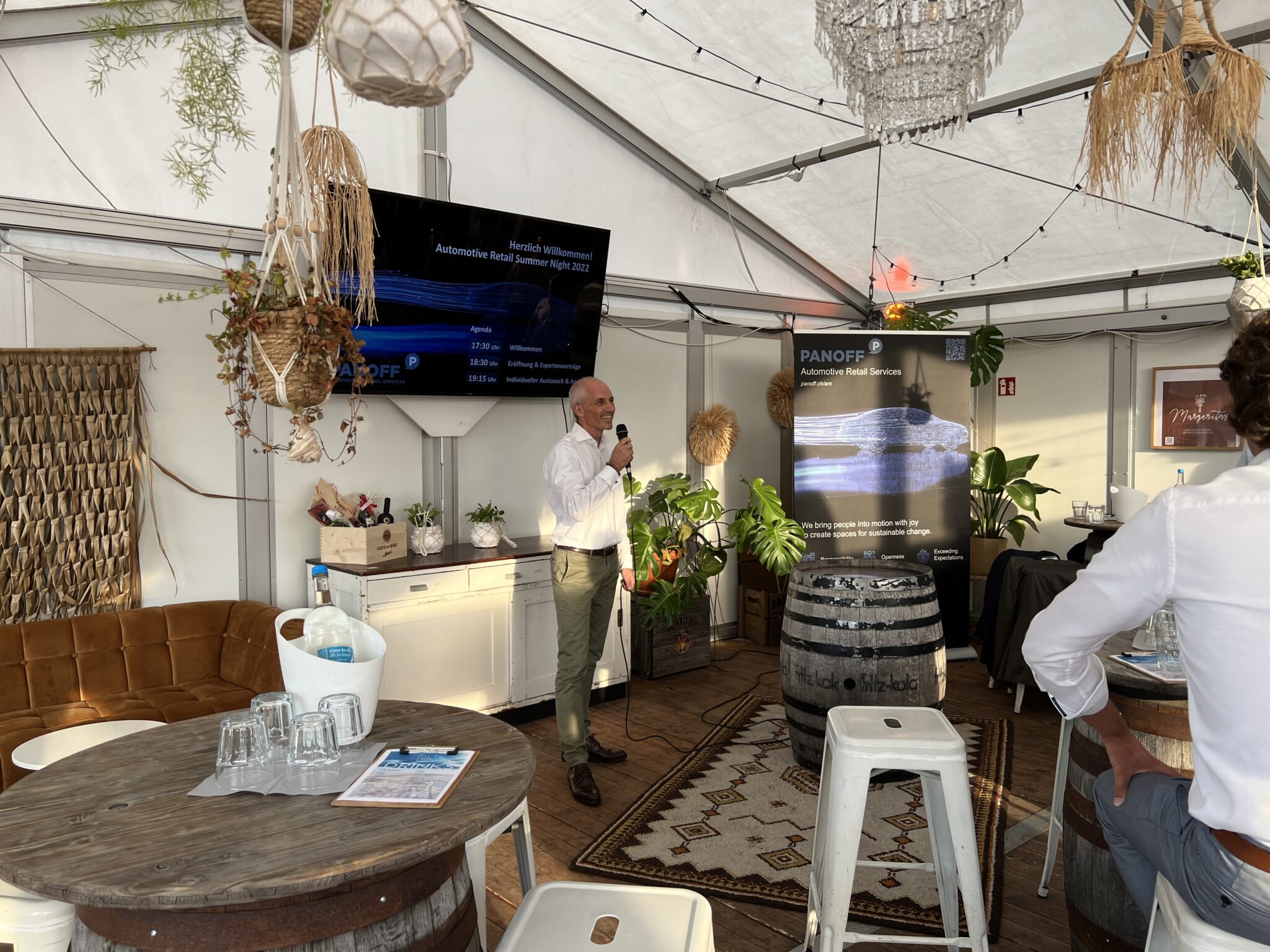
Customer event: ARS Summer Nights
05 Sep - 2022
Last Monday, the first edition of our Automotive Retail Summer Night took place on the...
- 2022
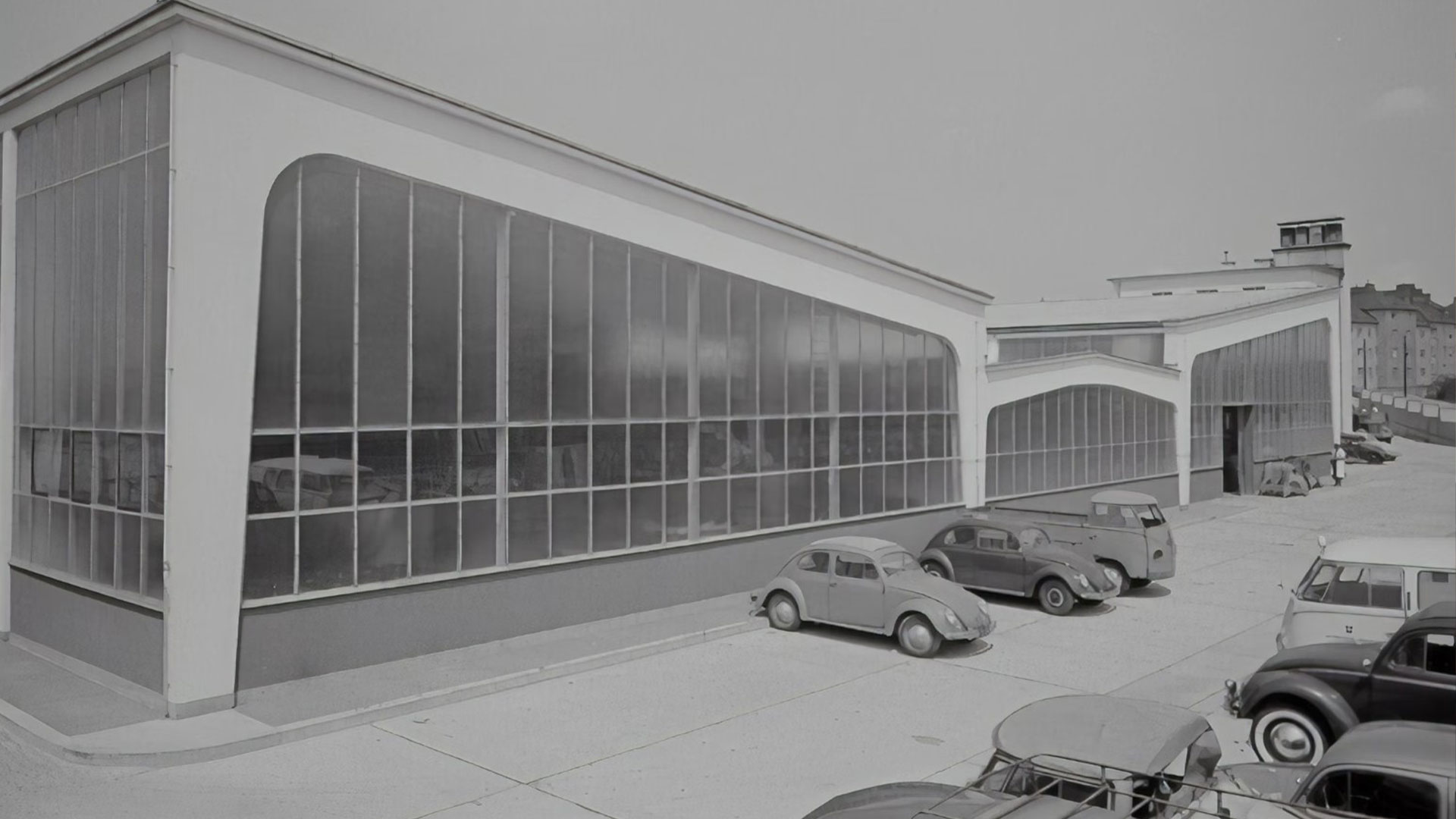
Car dealerships are not losing importance
29 Jul - 2022
Panoff Consulting recently presented its latest study "The Future of Customer Experience". We looked at...
- 2022
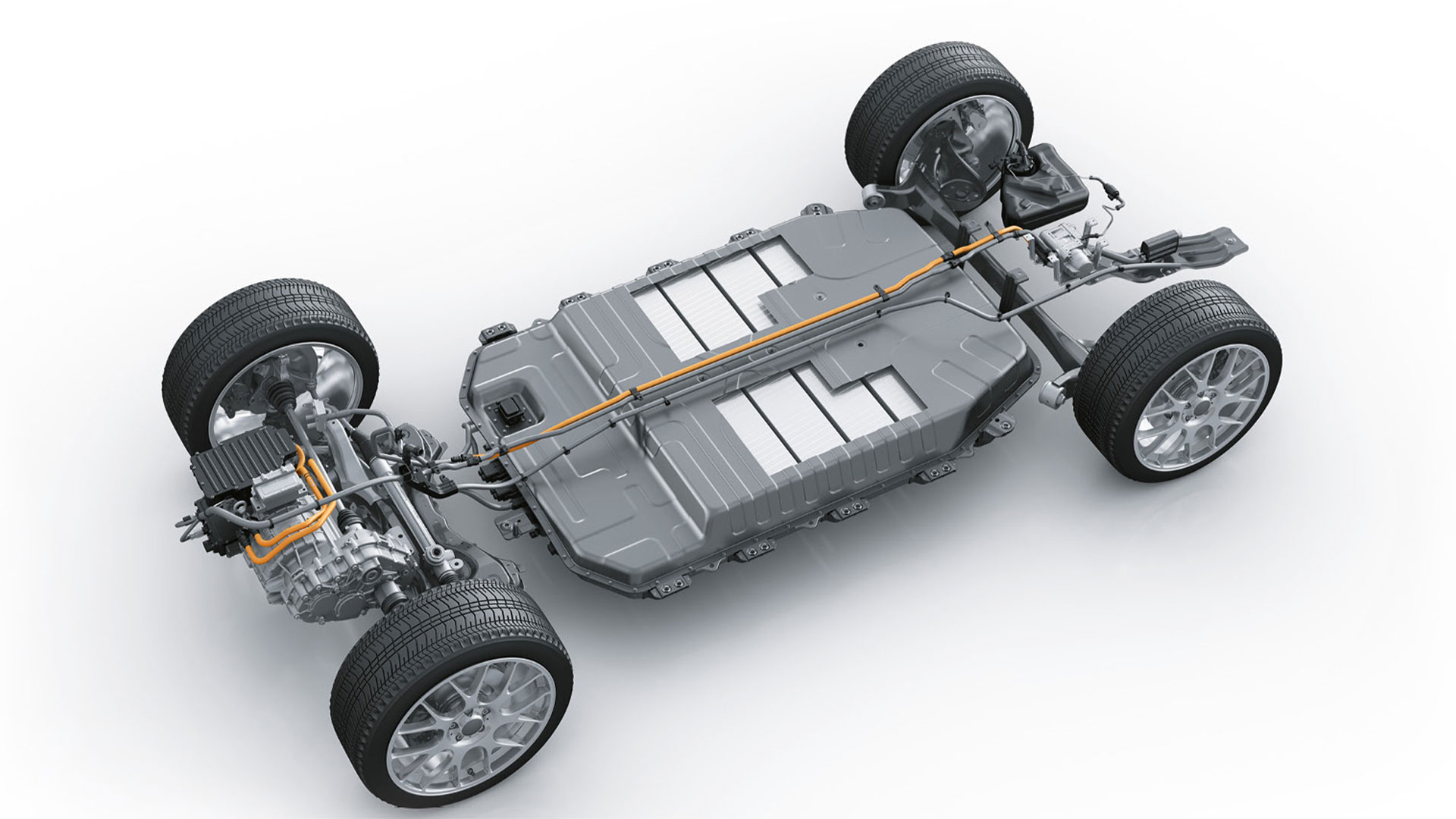
E-Volution – «Let’s take a look, then we’ll see»
05 Feb - 2022
Hardly any other industry has been overrun by so many changes at the same time...
- 2021
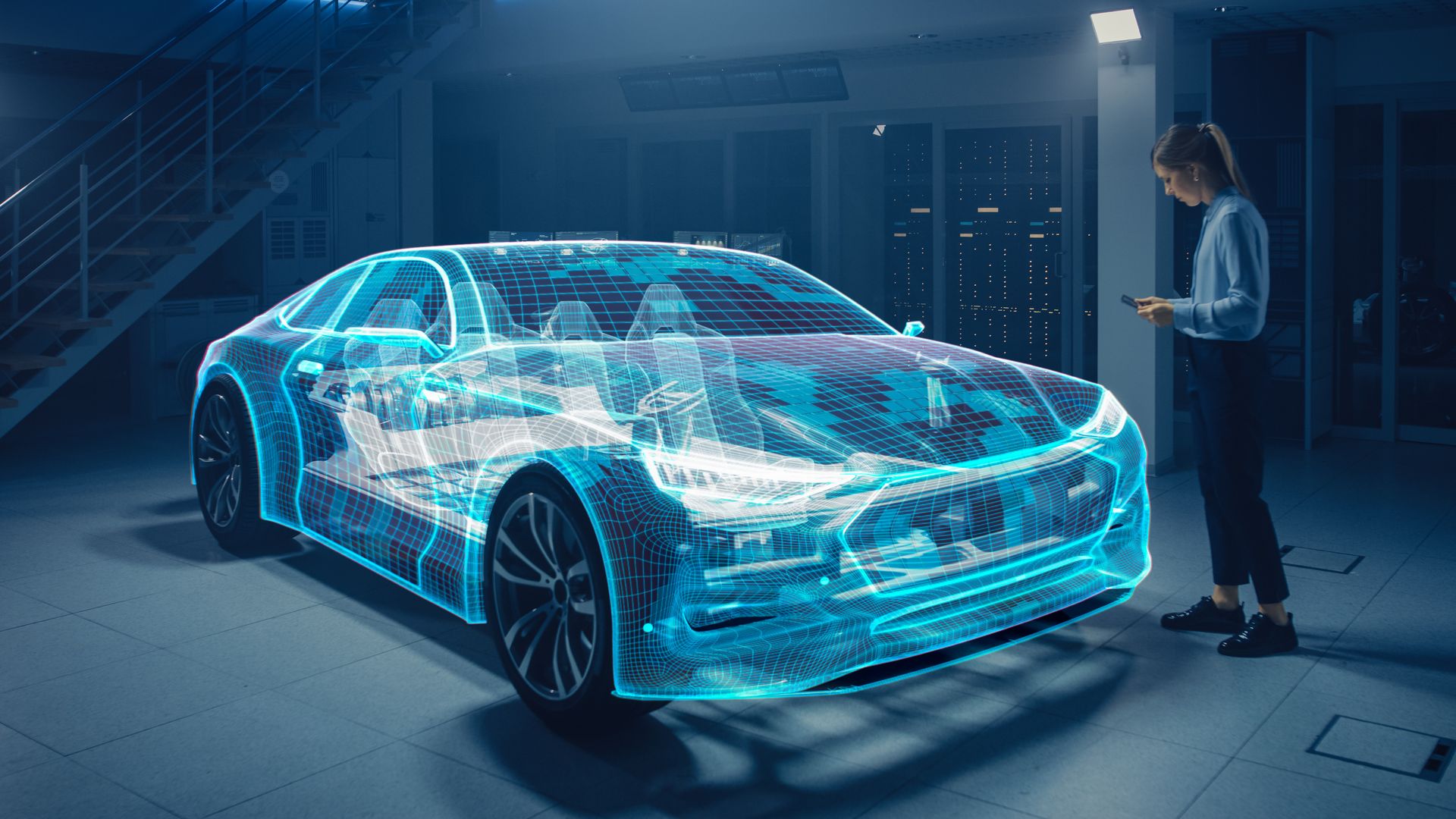
Study: Half of the digitization potential is still undiscovered
29 Nov - 2021
Whether you're a car enthusiast or someone who sees their car as a commodity, whether...
- 2021

(De-)centralization in the Automotive Retail
10 Jul - 2021
The (de)centralization of markets has always been an important topic in politics and business. In...
- 2021
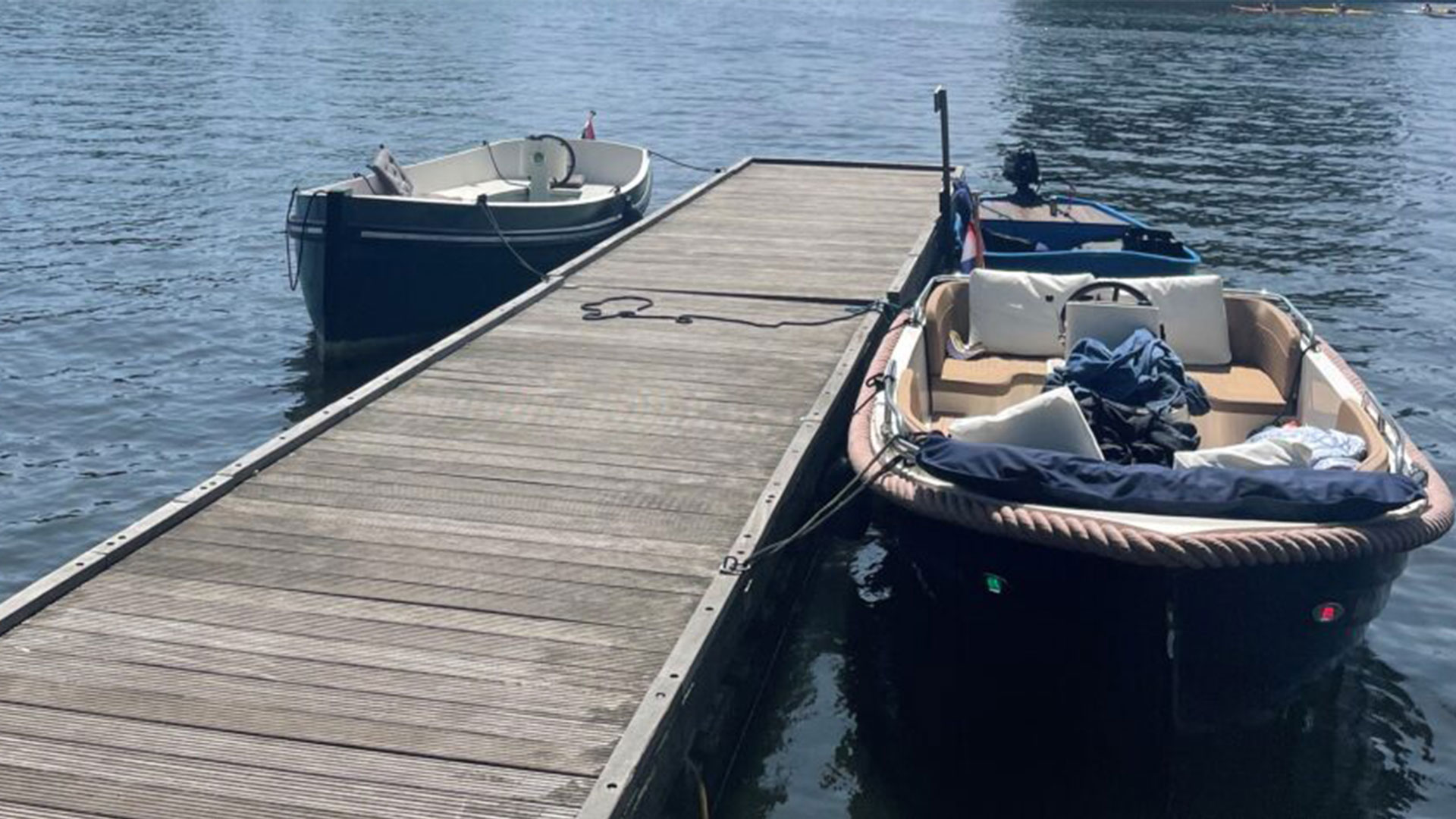
Summer Report Panoff Consulting
05 May - 2021
Last week, we met up for our annual summer event. We used this opportunity to...
- 2021

MaaS in a practical test – Can car sharing prevail over traditional car ownership?
25 Mar - 2021
MaaS (Mobility-as-a-Service) has become increasingly popular in recent years. MaaS vehicles are clearly visible on...
- 2021

Technological turnaround and more efficient sales structures – established OEMs must be flexible
19 Feb - 2021
Since the mid-2000s, Chinese OEMs have repeatedly made efforts to gain a foothold in the...
- 2021

The new mobility: sharing and subscriptions instead of purchasing and ownership
20 Jan - 2021
To illustrate the complexity graphically, we have taken five exemplary mobility solutions and plotted them...
- 2020

Effects of electrification in the car trade
01 Sep - 2020
What effects can be derived from the conversion of vehicles from combustion engines to electric...
